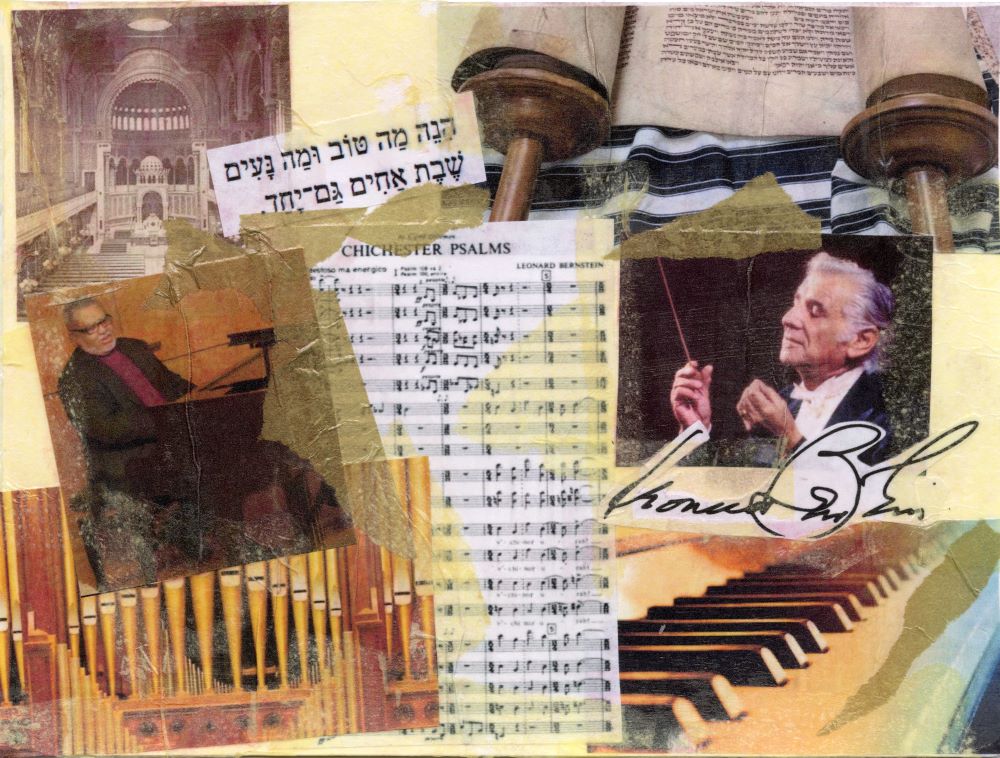
Saturday, June 8, 2024 at 8:00 pm
Pre-concert talk at 7:00 pm by director Freddie Coleman
Featured Works
Chichester Psalms by Leonard Bernstein
I Will Lift Up Mine Eyes by Adolphus Hailstork
Psalm settings by Abbie Betinis and Nathan Carter
To conclude the SCC’s 42nd season, director Freddie Coleman has chosen two contrasting American works from the Book of Psalms: “I Will Lift Up Mine Eyes” cantata by Adolphus Hailstork, and “Chichester Psalms” by Leonard Bernstein.
Featured soloist in Hailstork’s cantata will be the noted Seattle tenor Stephen Rumph. Performing in Bernstein’s masterwork will be Seattle countertenor Tyler Morse and organist William Bryant.
Since its premiere in 1965,“Chichester Psalms” has been one of the most performed of Bernstein’s concert works. In 1977, Bernstein described “Chichester Psalms” as “the most accessible, B-flat major-ish tonal piece I’ve ever written.” With a libretto entirely in Hebrew, and vocal part writing associated with Christian church music, Bernstein was implicitly issuing a plea for peace in Israel during a turbulent time in the young country’s history.
Adolphus Hailstork’s “I Will Lift Up Mine Eyes” is a three-movement cantata written in 1997 for tenor soloist, chorus, and accompaniment. Words are taken from Psalms 121, 13, and 23. Hailstork composed this piece in memory of Undine Smith Moore, the “Dean of Black Women Composers.”
Guest Artists
 Rebekah Gilmore, soprano
Rebekah Gilmore, soprano
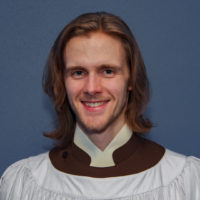
Tyler Morse, countertenor
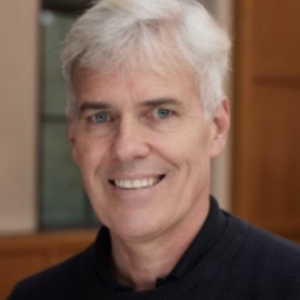
Stephen Rumph, tenor
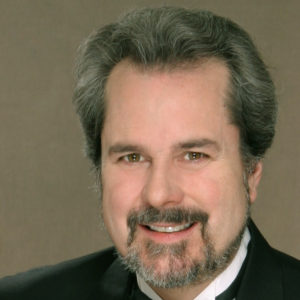
Charles Robert Stephens, baritone
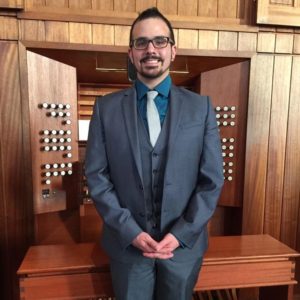
William Bryant, organist
About the Music
I. Awake, psaltery and harp! (Psalms 108 & 100)
II. The Lord is my shepherd (Psalm 23 & 2)
III. Lord, my heart is not haughty (Psalm 131 & 133)
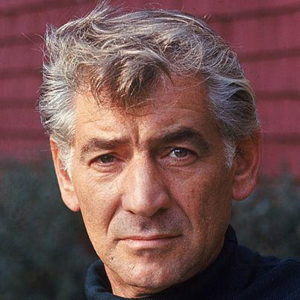
Leonard Bernstein
Leonard Bernstein’s outstanding musical talent was evident from his student days, prompting a witty friend to remark, “Lenny is doomed to success!” His prodigious gifts as composer, conductor, teacher, and pianist were equally divided between jazz, the musical theatre and the concert-hall. As a composer he is mostly remembered for the vivid scores he wrote for West Side Story, Candide and a number of other Broadway productions, but he also wrote a significant amount of music for the concert-hall, including three symphonies.
Chichester Psalms was commissioned by the Very Reverend Walter Hussey, whilst he was Dean of Chichester Cathedral, for the 1965 Southern Cathedrals Festival. It received its world premiere in New York on July 15th 1965, and was first performed in this country on July 31st 1965, at Chichester.
The work is sung in Hebrew and is in three short movements, heard tonight in the composer’s own reduced version which calls for an accompaniment of organ, harp and percussion.
I. I Will Lift Up Mine Eyes (Psalm 121:1-4, 6-7)
II. How Long? (Psalm 13:1-2a, 3)
III. The Lord is My Shepherd, Alleluia (Psalm 23)

Adolphus Hailstork
African American composer, Dr. Adolphus Hailstork (b. 1941), was born and raised in upstate NY. He had a very musical childhood, during which he studied violin and organ, and sang with the All Saints Episcopal Cathedral in Albany and with a strong high school choir. He studied composition at Howard University, then spent a year in Fontainebleau (France) studying with Nadia Boulanger, after which he received a master’s in composition at the Manhattan School of Music. Dr. Hailstork served in the Army, primarily in Germany, before completing a doctorate in composition at Michigan State University. He spent most of his teaching career at Norfolk State University, moving to Old Dominion University in 2000 before retiring in 2011.
In I Will Lift Up Mine Eyes, Dr. Hailstork sets three well-known psalms – 121, 13, and 23 – in a powerful conversation with each other. In an interview in the February 1999 Choral Journal, Dr. Hailstork discussed his process for setting text. He noted: “I always go to the Psalms. What I do is select the words that at the time create a visceral response in me. I feel a connection with them. Usually I will go for imagery”
Psalm 121 starts the cantata ablaze with energy, showcasing a bold harmonic language that connects with Hailstork’s fondness for the music of Ravel, Poulenc, and Bartók. The soloist leads with “I will lift up mine eyes”, not as question, but as proclamation – they know that the maker of heaven and earth will provide help, guidance, and preservation.
Having finished the first movement with a jubilant fortissimo exclamation point, we feel the devastating sorrow of the second movement more acutely. A plaintive note tolls over and over as the “how long” melody is introduced which the choir reinterprets as a sigh of grief. The range and dynamics of this vocal solo suggest not a proclamation, but an interrogation of the divine in the most personal and profound way. Already in both melodic contour and choral harmonies, Dr. Hailstork signals to the audience that he is drawing on musical traditions from African American worship music, which he pursues further when the soloist is asked to improvise underneath choral vamping. Psalm 121’s “I will lift up mine eyes” returns, at the end, now as a half-voice whisper, as if the speaker’s faith has been shaken to the core. The movement finishes on a sparse A minor chord.
The third movement starts not with Psalm 23, but with Dr. Hailstork’s added word, “Alleluia”, at the same whispered dynamic, but this time in A Major. The choir immediately soars into seven-part harmony before introducing the primary “Alleluia” motive. As the soloist begins, Dr. Hailstork brilliantly moves us back to the same harmonic ostinato that we heard in the choral vamping lamentation of the second movement, but now the soloist reflects the faith we saw in the first movement (though, changed by the journey). The tenors/basses and the sopranos/altos take turns proclaiming the psalm’s verses, joining together for an ecstatic “surely goodness and mercy shall follow me.” The momentum of repeated Alleluias carries us back to the C Major music from the first movement, reprising the text “I will lift up mine eyes” and the same interlude that began the cantata. The choir then alludes to the Alleluias from which the movement began, and we imagine we have arrived at the end. But, Hailstork suddenly pivots the choir to minor, repeating the “how long” melody, and arrives, for a moment, at the same sparse A minor chord we heard the end of the second movement. Having journeyed from jubilant optimism to despair to triumphant affirmation of faith, Hailstork creates this one last moment for contemplation, before the choir affirms A Major in a final, solemn Alleluia.
